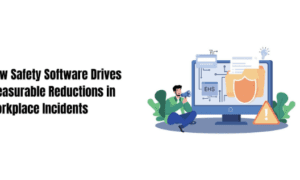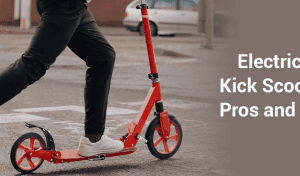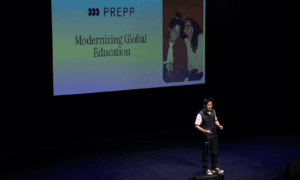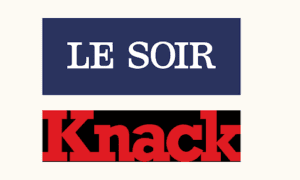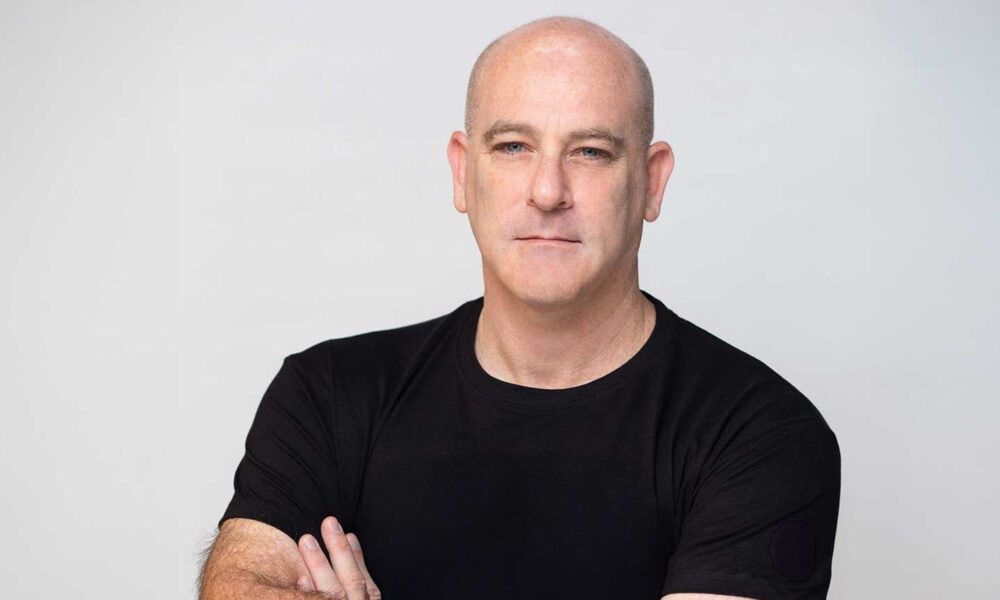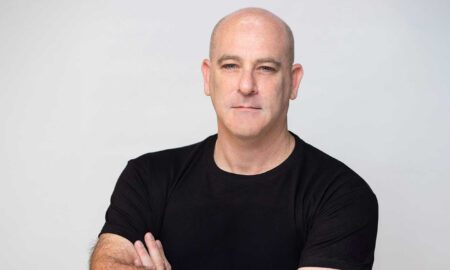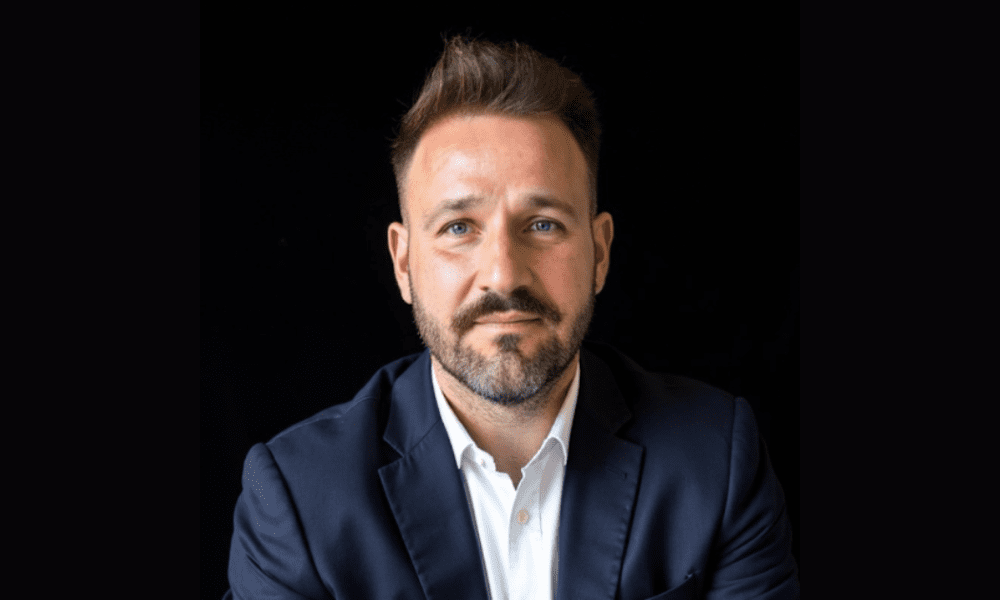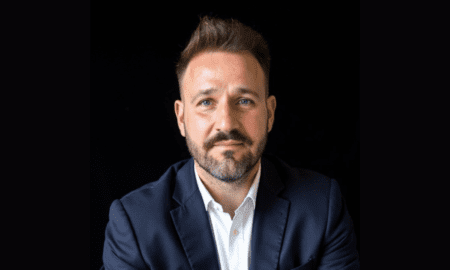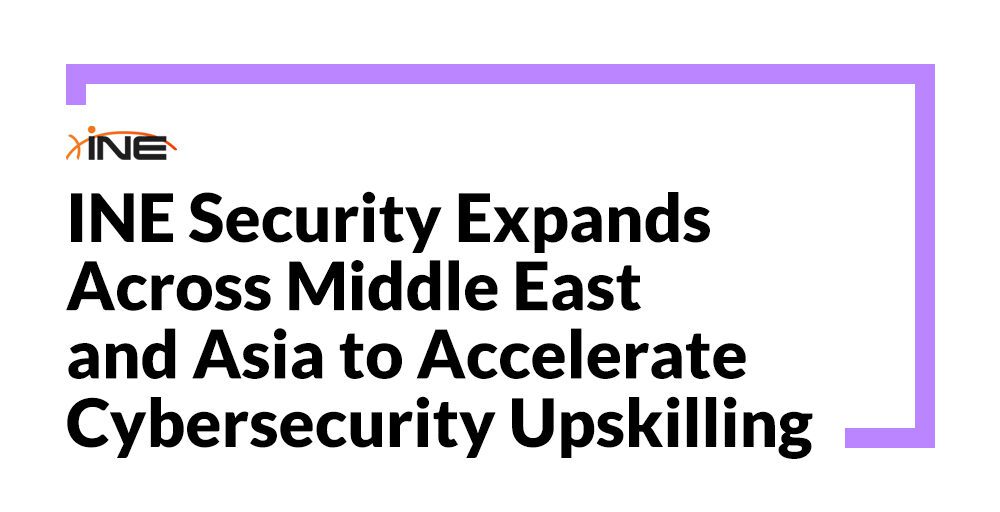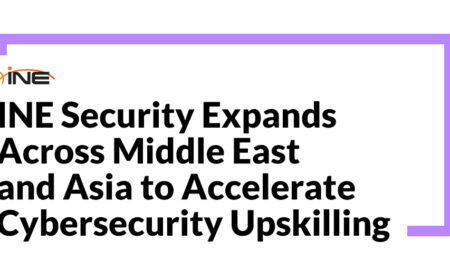Prawanna’s journey is nothing short of extraordinary. From the competitive aerospace hubs of Europe, where she began as an entry-level engineer, to leadership roles at major aviation organizations across continents, and now to the forefront of Southeast Asia’s aviation safety revolution, her story is a testament to technical expertise, innovation, and a commitment to saving lives through machine learning.
Foundations in European Aerospace: Building Technical Expertise
Prawanna’s career began at Airbus in Toulouse, France, where she worked as an Aviation Safety Engineer focused on machine learning. During this period, she contributed to the development of algorithms designed to improve aircraft safety systems, drawing on data analytics to predict potential issues. This foundational role, while demanding, equipped her with skills in integrating AI with aviation protocols, preparing her for greater challenges in dynamic global markets.
Advancing in Asia: Leadership and Regional Impact
Back in Thailand, Prawanna had relocated to Bangkok, Thailand, joining Thai Airways as Team Lead for Aviation Safety Engineering. In this capacity, she oversaw the implementation of AI systems aimed at streamlining maintenance and operational efficiency. Reports from regional aviation forums indicate that her team’s efforts led to notable improvements, such as reducing maintenance report processing times and optimizing flight routes amid growing air traffic.
Her expertise soon extended beyond Thailand. Later, she took on roles at the International Air Transport Association (IATA) as an Aviation Safety Specialist, and as a Consultant for the European Union Aviation Safety Agency (EASA) in Cologne, Germany. These positions allowed her to influence safety standards across borders, with a particular emphasis on Southeast Asian contexts. For instance, her work supported initiatives to manage congested airspace, incorporating predictive analytics to mitigate risks.
A Bold Mission: Pioneering AI in Aviation Safety
Building on her experience, Prawanna took on her current role as Head of Aviation Safety Innovator at Kuwait Airways in 2023, bridging Middle Eastern and Southeast Asian networks. Aside from her full-time responsibilities, she is actively working on a personal mission to redefine the aviation industry through independent AI projects that enhance predictive safety measures and sustainability. Drawing on her expertise in machine learning, she has developed systems that analyze flight data to prevent incidents, creating tools that go beyond traditional methods to offer real-time, life-saving insights.
“Conventional aviation safety relies on reactive measures, but my vision is to build proactive AI frameworks that anticipate risks, ensuring safer skies for millions,” Prawanna explains.
The Path Forward: Sustained Contributions and Vision
Today, with her innovations implemented across regional airports and contributing to projects like the Trajectory Based Operations Pathfinder involving multiple countries, Prawanna remains focused on measurable impacts, such as a 23% reduction in incident rates and 20-25% operational cost savings. She attributes her achievements to her progressive career—from engineering at Airbus to executive leadership—while maintaining a grounded approach to global challenges.
Prawanna often reflects,
“Southeast Asia, with its rapid aviation growth and unique environmental factors, is poised for transformative advancements. My goal is to drive this change, improving safety and efficiency to make air travel more reliable and accessible.”
By collaborating with local authorities, optimizing airspace management, and promoting sustainable practices like 17% fuel reductions, Prawanna aims to establish the region as a leader in AI aviation technology. Her efforts extend beyond technical innovation to foster industry-wide improvements that benefit economies and communities.
“Every system we enhance, every life we protect, advances a safer future for aviation. It’s about elevating standards and ensuring inclusive progress in this vital sector,”
Prawanna passionately shares.
Observers and colleagues often note Prawanna’s genuine commitment to her field, highlighting how her independent projects demonstrate sustained excellence without reliance on self-promotion.
For aspiring innovators in tech and aviation, she has a simple message: “Every role, no matter the level, builds your expertise. Embrace challenges, learn continuously, and apply your skills to solve real problems.”
In a field where safety innovations can have global repercussions, Prawanna stands out not just for her technical contributions but also for her dedication to ethical, impactful AI applications. As she continues her mission, one thing is clear: this is just the beginning for Prawanna and her vision for a safer, more efficient aviation world.
Advice to Aspiring Innovators
Embrace Every Challenge: Professional growth comes from diverse experiences, each contributing to your skill set. Whether starting as an engineer or leading teams, every step offers lessons in resilience and application. Prawanna reflects, “My early roles at Airbus were as crucial as my current executive position. Every technical hurdle, collaboration, and breakthrough shapes your ability to innovate in high-stakes fields like aviation safety. Absorb these experiences and use them to drive meaningful change.”
Stay Committed to Learning: The aviation and AI landscapes evolve rapidly, demanding ongoing adaptation. What’s cutting-edge today may shift tomorrow. “The key to extraordinary ability is never stopping your pursuit of knowledge—through research, collaborations, or practical implementations,” advises Prawanna. She emphasizes continuous professional development to maintain expertise and address emerging challenges.
Foster Collaborative Networks: In technical fields like aviation, success hinges on partnerships and trust. Beyond innovations, it’s about connecting with stakeholders to amplify impact. “Authentic relationships build the foundation for lasting contributions. Focus on shared goals and mutual benefits,” Prawanna points out. She advocates for networks that support ethical AI use and regional safety advancements.
Prioritize Adaptability: Aviation safety faces constant variables, from regulations to technology shifts. Prawanna shares, “Your initial approaches may need refinement—be prepared to adjust based on data and feedback. True excellence comes from responsiveness to real-world needs.” She stresses flexibility while maintaining core objectives for sustained progress.
Trust Your Expertise: Pursuing groundbreaking work involves overcoming obstacles and skepticism. “Belief in your specialized knowledge will guide you through uncertainties. Stay focused on evidence-based impacts,” Prawanna inspires. She highlights resilience as essential for demonstrating extraordinary ability in competitive fields.
Maintain Objectivity and Integrity: Amid recognition, remember the factual basis of your achievements to avoid perceptions of exaggeration. “Ground your narrative in verifiable contributions, ensuring authenticity in all documentation,” says Prawanna. She often references her career progression as proof that independent, merit-based acclaim stems from tangible results, not hype—addressing any potential concerns about credibility.
In conclusion, Prawanna’s path from European engineering to Southeast Asian aviation leadership serves as objective evidence of extraordinary ability. Her insights, drawn from documented achievements, provide a reliable guide for those aiming to excel in innovative fields.


